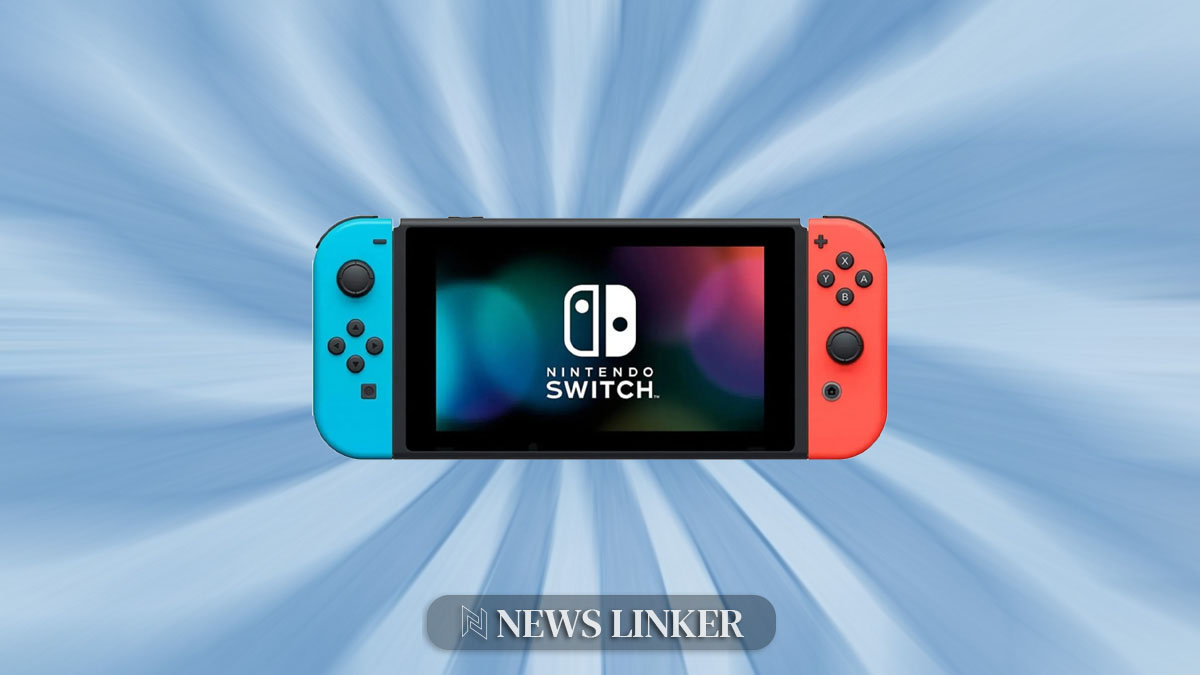In the dynamic realm of video gaming, projects often undergo turbulent journeys, with some never reaching the public eye. Such is the tale of a promising game from the late 1990s known as Riqa, developed by Bits Studios. Positioned to ride the wave of success generated by third-person action-puzzlers, Riqa was slated for publication by Nintendo, even enjoying a showcase at E3 in 1999. Unfortunately, the game became ensnared in a web of delays, resulting in its cancellation before it could graduate from the prototype stage.
Discovery and Documentation of Riqa
Ten Shu, a designer from Bits Studios, has reignited interest in Riqa by posting a series of videos on YouTube. These videos offer a window into the game’s development, displaying the female protagonist in action—climbing, shooting, and evading dangers in a distinctively anime-inspired twist on the genre popularized by Tomb Raider. The remnants of Riqa have now found a home on the Internet Archive, where enthusiasts can explore these pieces of gaming history. Additionally, Ten Shu has provided guidance on how to experience Riqa today through emulation on PC.
Bits Studios’ Legacy Beyond Riqa
While Riqa never saw the light of day, Bits Studios continued its endeavors in the gaming industry. The studio later created Rogue Ops, a stealth-based game released in 2003. Their portfolio also includes Die Hard: Vendetta and a title based on the Constantine film, which made its way to PC gamers in 2005. These subsequent projects indicate the creative potential that resided within Bits Studios, despite the unrealized promise of Riqa.
The story of Riqa is a fragment of the broader narrative of game development history. It demonstrates the unpredictable nature of the industry and the many factors that influence whether a game reaches completion. The insights gained from the documentation and preservation of such unreleased games are invaluable to gaming historians and enthusiasts alike.
Resurfacing of the Unseen
Further light is shed on the subject of unreleased games by articles from sources like The Verge and Eurogamer. The Verge’s piece titled “The video game graveyard: A look into the world of unreleased games” delves into the elusive games that have been shelved, highlighting the cultural significance of such discoveries. Eurogamer’s article “Unseen64 archives the games you’ll never play” explores a dedicated archive of cancelled video game projects, emphasizing the importance of preserving these digital relics. Both articles underline the fascination with what could have been in the gaming industry.
Useful Information for the Reader
- Documented gameplay of Riqa is accessible on YouTube, showcasing the game’s mechanics.
- Emulation allows gamers to experience Riqa on modern PCs, with resources available online.
- Preservation efforts for unreleased games serve as crucial references for gaming history.
The revival of Riqa offers a unique glimpse into an era when the gaming landscape was molding itself into what we recognize today. The release of its prototype and subsequent documentation not only satiates the curiosity of gamers and historians but also raises awareness about the importance of preserving video game history. The preservation of such games is not merely a nod to nostalgia; it is an acknowledgment of the industry’s evolution, the creative process, and the many paths that lead to the creation of the games we enjoy.










